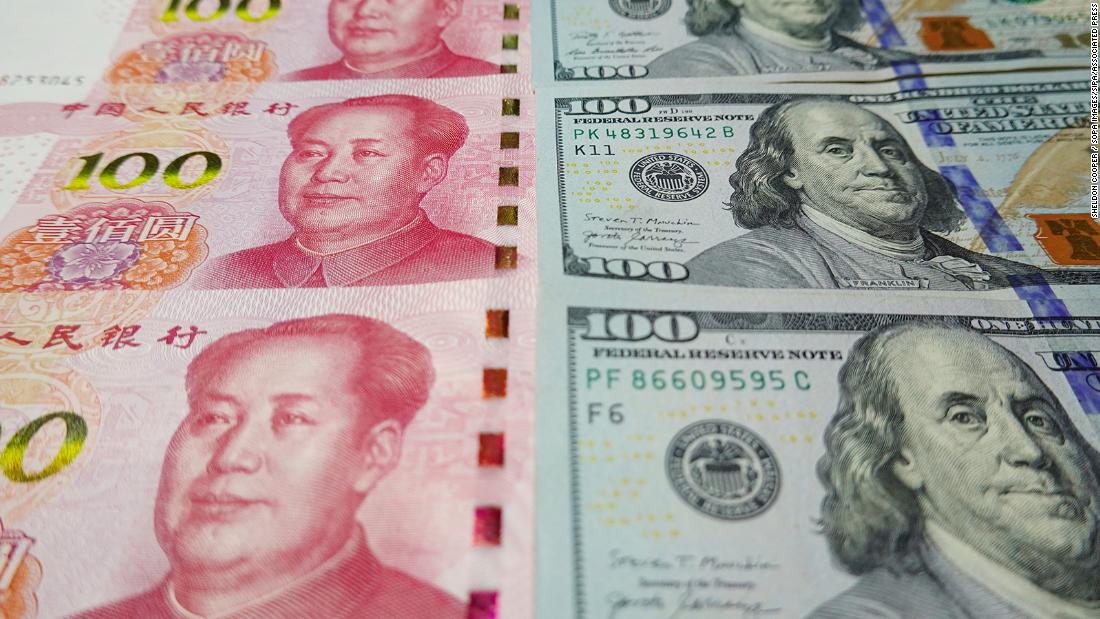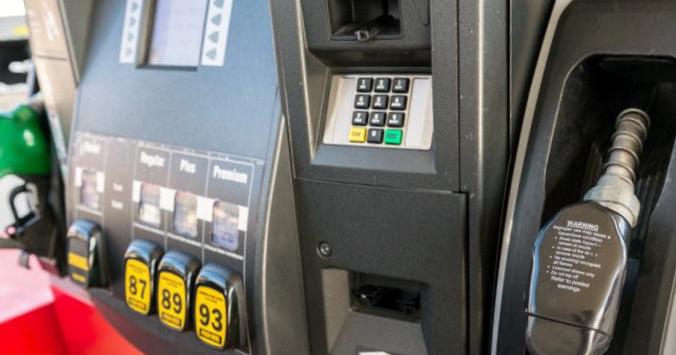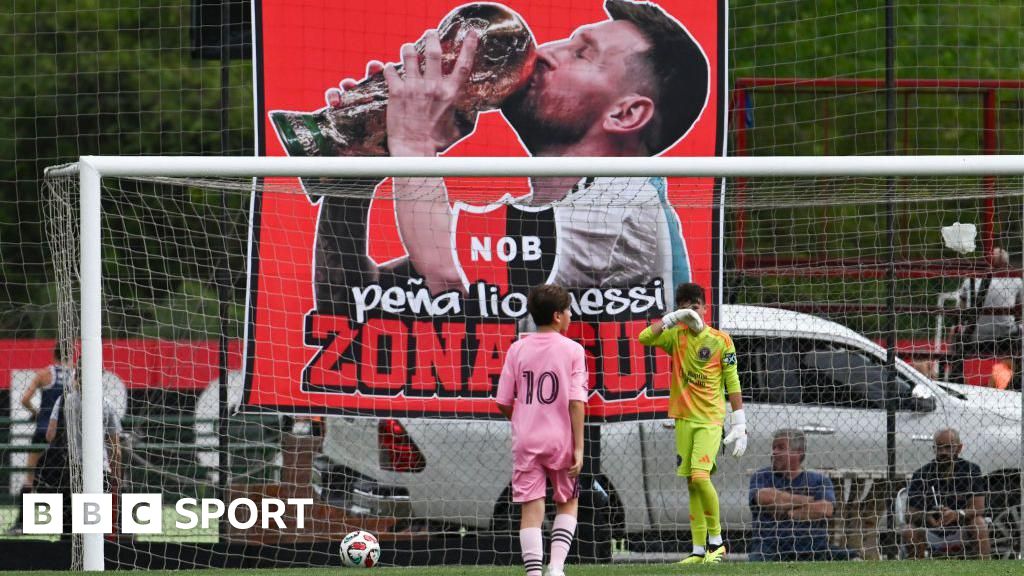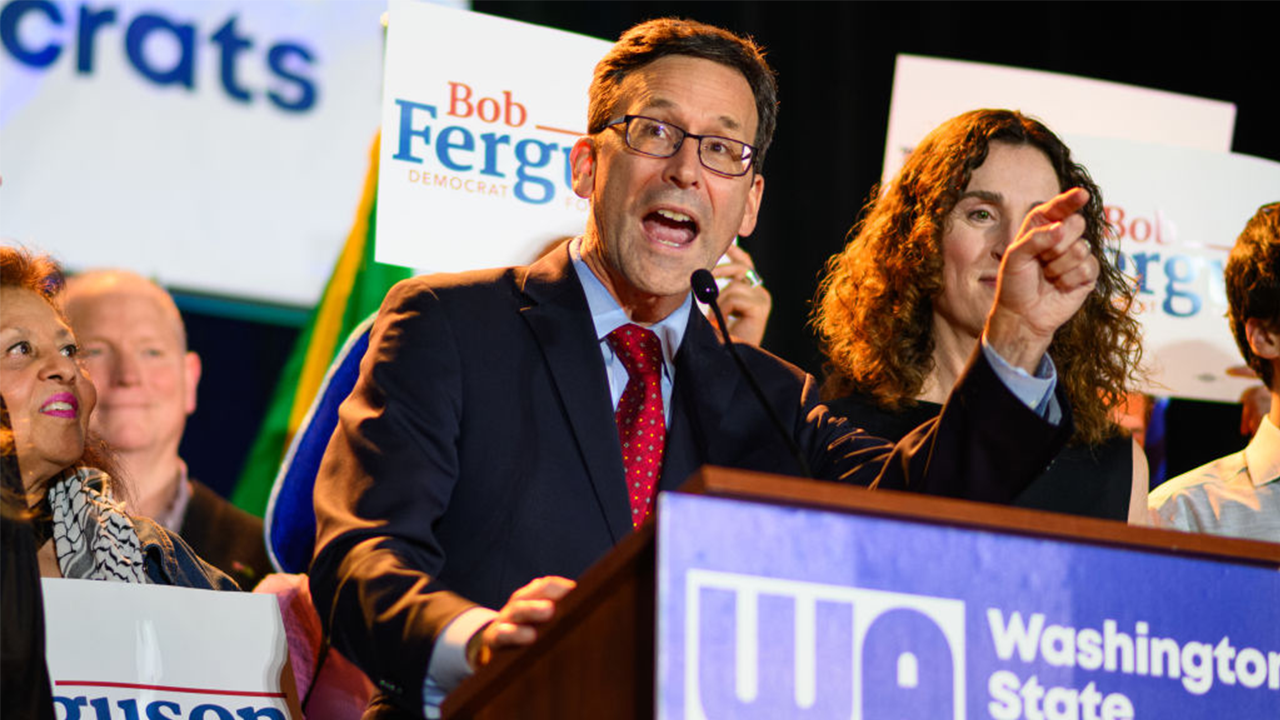Governments are like plays: if the third act is unsatisfactory, the problem can usually be traced back to the first. Britain’s new(ish) Labour government is a case in point.
Labour’s first act problem lies in the decision the party leadership made in opposition to rule out any increase in income tax, national insurance or value added tax. Everything it has done in the four months since entering office, and everything it does for the next five years, will in one way or another be distorted by those pledges.
While the party’s focus groups consistently find that the condition of the UK’s public services in general and the NHS in particular matter more to their re-election hopes than anything else, its tax pledges place hard limits on how much can be spent on those services.
As a consequence, and in order to fulfil Labour’s ambitions, businesses have to take a greater share of the strain, with all the negative implications that has for the UK’s already sluggish economic growth. Some of the policies involved are particularly ill-timed. For instance, Britain has made its rules on non-domiciled high earners from overseas less attractive at precisely the point at which the country faces a generational opportunity to attract talent looking for somewhere else to go following the election of Donald Trump in the US.
In some ways, it’s not a good idea to over-intellectualise about why Labour are raising taxes in this way. The shared lie in British politics for the best part of a decade now has been that you can have excellent public services for the many funded by taxes on the few. Mitt Romney was unable to convince a much more naturally pro-business electorate that corporations are in fact people, and while that argument is no less correct in the UK, it has even less hope of landing any time soon.
But two measures are worth thinking about in light of another promise made by both Labour and the Conservative opposition: to reduce the UK’s net immigration statistics. These are the souped-up national minimum wage and the rise in employers’ national insurance contributions. Taken together, they represent significant new costs on hiring people — other than in the public sector, which will be exempt from the increase in NICs.
Increasing the cost of employment is generally a bad move with plenty of negative externalities — unless, that is, you think that the British public won’t bear greater levels of immigration or that we actually need to see net decreases. The former is the dominant position in the Labour party. The latter is the official position of the Reform party and becoming more widely held among Conservatives.
If you believe that, then you are no longer in the business of working out how best to attract talent. Rather, you are in the business of working out how to deploy your current labour force differently.
You absolutely do want to disincentivise hiring someone to work in an Amazon warehouse or at a supermarket checkout so that you can fill vacancies in the social care sector or the NHS without recourse to further immigration. You do want the restaurant and hospitality sector to struggle and to shrink in order to free up additional labour market capacity for the state. You want fewer people in the private sector in general in order to be able to get by with a falling number of working age people and the current level of state provision — even more so if you want to maintain or increase the current level of financial support for the retired. This, again, is the position of both the Labour government and the Conservative opposition, which opposed even the relatively trivial measure to means test the winter fuel allowance (a Tory policy as recently as 2017).
Now, it’s true to say that there are some positive externalities here: a supermarket that invests in a self-service checkout with a skilled tradesperson to repair it is a good proposition. And the irony is that all of these measures have been what Conservative backbenchers have long claimed to want, only to discover that when they are implemented by Labour ministers they became repugnant.
There’s a lesson here for both the government and the opposition. If the prospect of squeezing out private sector jobs in order to keep the standard of public service provision up and the number of immigrants down is so unpleasant, then something needs to change. One or both of those impossible promises is going to have to be traded away, openly and explicitly. Failing that, both sides need to relax, stop worrying and learn to love Rachel Reeves’ Budget.
stephen.bush@ft.com




























/cdn.vox-cdn.com/uploads/chorus_asset/file/25739950/247386_Elon_Musk_Open_AI_CVirginia.jpg)



